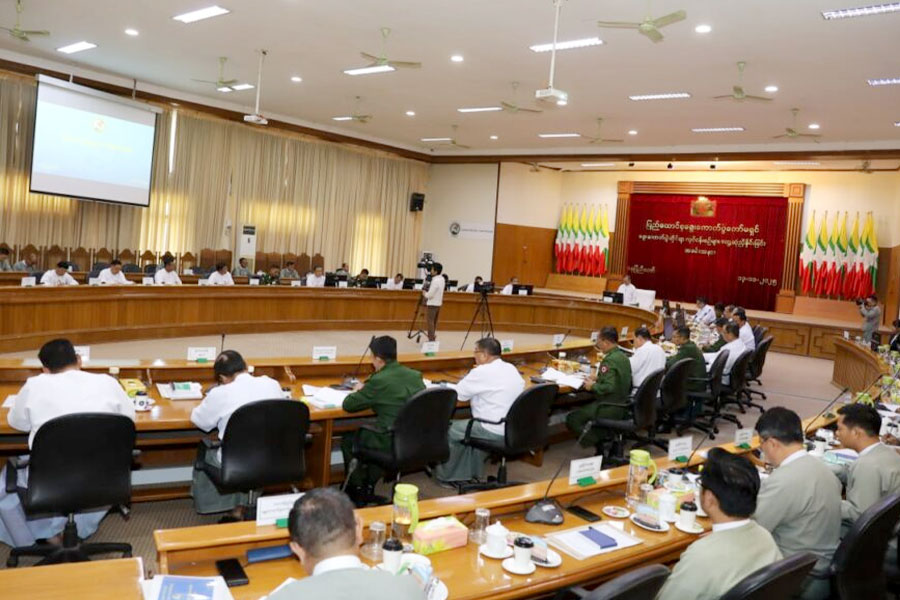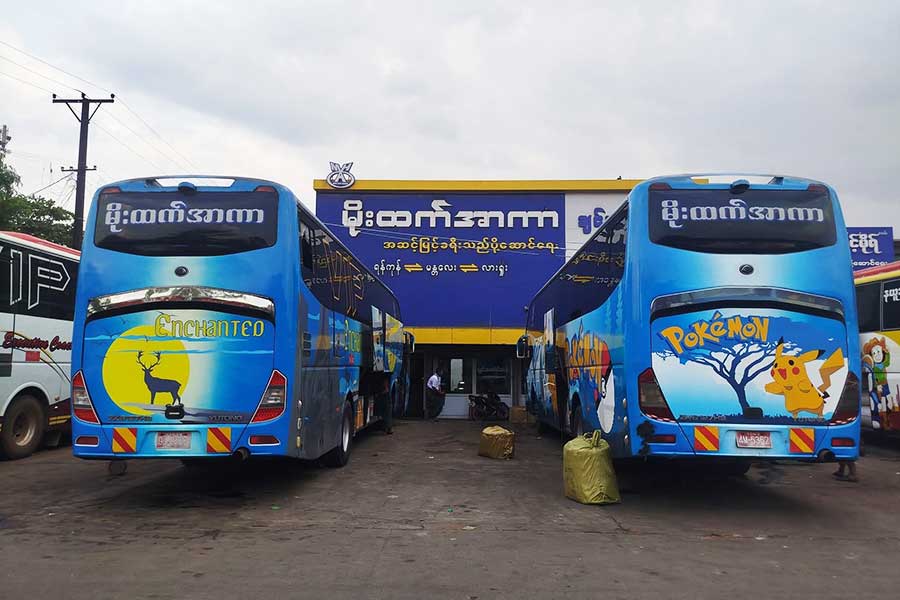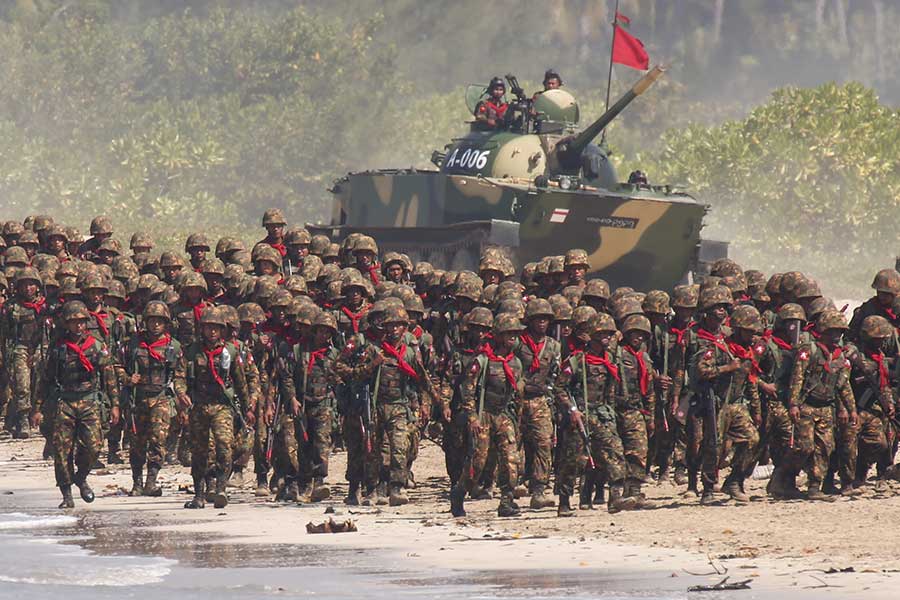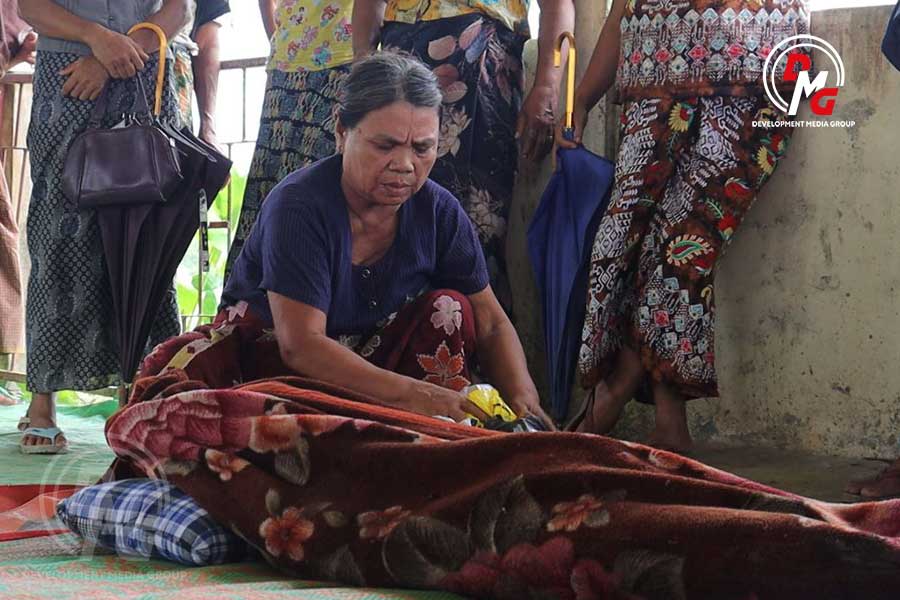- UEC announces 1,025 MPs elected in 2025 general elections
- Junta tightens travel restrictions on Arakanese people in mainland Myanmar
- Regime steps up offensive toward Arakan State via Ayeyarwady coastal route
- Elderly IDP killed, two others injured in junta airstrike on Kyaukphyu village
- AAPP urges urgent international action as junta crimes against humanity escalate
Central Bank warns against currency manipulation
The volatile exchange rate is creating problems for air ticket agents who have been forced to frequently change ticket prices to avoid losses.
27 May 2023

DMG Newsroom
27 May 2023, Sittwe
The Myanmar military regime has warned legal action against attempts to manipulate foreign exchange market.
The junta-controlled Central Bank of Myanmar (CBM) announced on Friday that it would take legal action against manipulators and those who spread rumors with the intention of manipulating currency exchange rates in foreign exchange market.
Those found to be guilty of manipulating the currency market will be punished under Central Bank of Myanmar Law and Foreign Exchange Management Law, said the notice.
The exchange rate stands at between 2,950 and 2,960 kyats per dollar in the market—at least 800 kyats higher than the official exchange rate set by the CBM.
“The exchange rate was 2,873 kyats on May 22, and it is close to 3,000 kyats now, an increase by 77 kyats within a week. The exchange rate has been volatile lately,” said a money changer.
The volatile exchange rate is creating problems for air ticket agents who have been forced to frequently change ticket prices to avoid losses.
“The rate is not stable, and fluctuates frequently, forcing us to adjust prices frequently,” said an air ticket agent.
While exporters are not affected by the slump in the kyat, importers have to increase their selling prices, leading to price hikes in the domestic market, said a trader.
The CBM said it will not change its reference exchange rate despite the higher exchange rate in the market.
The bank said more dollars will be sold through private banks to bring down the exchange rate. Its plans include selling more dollars at private banks for those studying and receiving medical treatment abroad, and those working overseas as part of the employment contracts signed between the Labor Affairs Ministry and other foreign governments.















.jpg)

